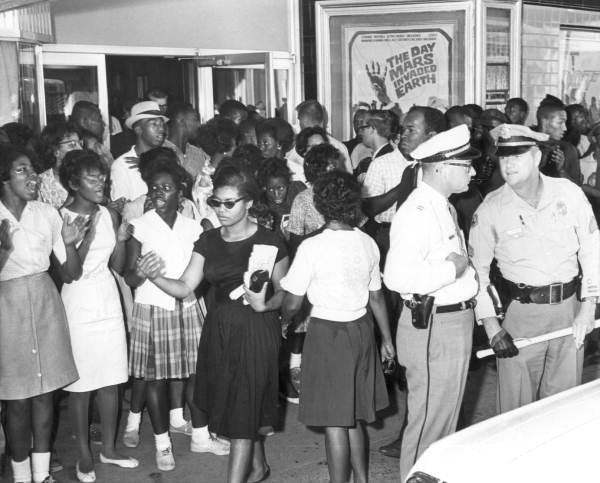Black History Month has a new Twitter hashtag: #28daysarenotenough. It’s hard to argue with its message: Even among people who are committed to honor African-American history, many find the idea of Black History Month patronizing, even insulting. Setting aside only one month of the year to remember and celebrate these vital American stories and identities? And picking the shortest month to boot?
Yet if Americans knew more about the man who launched the idea of Black History Month, Americans might see it far differently: As a revolutionary effort, a precursor to today’s #blacklivesmatter movement.
Dr. Carter G. Woodson (1875-1950), one of the first two African Americans to receive a PhD in History and one of the 20th century’s most influential American historians and educators, was born in Virginia, the child of illiterate former slaves. From his humble roots, he rose to serve as an educator and school supervisor in settings as far-flung as Kentucky, Paris and the Philippines. By the time of his death, he had published 20 books and hundreds of articles in both scholarly journals and popular magazines. He helped found Chicago’s Association for the Study of Negro Life and History, the Journal of Negro History, and the Negro History Bulletin. But perhaps his most lasting legacy was his creation of Negro History Week in February 1926.
Woodson’s main purpose in creating Negro History Week was to give young African Americans the knowledge and perspective their nation had long denied them. “Those who have no record of what their forebears have accomplished lose the inspiration which comes from the teaching of biography and history,” Woodson wrote. In the span of Woodson’s life, African Americans moved from slavery’s forced illiteracy to the possibility of education—but he knew full well that the success of education depends on what that education includes. For that reason he wrote textbooks including The Negro in Our History (1922) and Negro Makers of History (1928).

If black lives are going to matter, black history must matter, too. That was Woodson’s key insight. From the beginning, Woodson made clear that all Americans could learn from, and should celebrate, Negro History Week. The week was a way to correct what Woodson’s fellow Harvard PhD W.E.B. Du Bois called “the propaganda of history”: a mythologized vision of slavery, the Civil War, and Reconstruction, and of African-Americans in American history more broadly.
In a way, the propaganda of history underpins the horrific concept that black lives don’t matter. At the same time as Woodson’s work, others were writing an alternative history of American, in which the stories of individual Black luminaries such as Frederick Douglass and Ida B. Wells were simplified and glossed. The lived agony of slavery was replaced with a notion of idyllic plantation life, full of joyful slaves and kindly masters, like in Gone With The Wind, a 1936 novel that became one of the most popular movies of its time.
Then, as today, blacks often felt threatened by the possibility of white-on-black violence, but newspapers and histories written for white audiences generally wrote little or nothing about the rise of lynching and Jim Crow. Simplified and often falsified caricatures of blacks failed utterly at making true African American stories a meaningful part of the national narrative. In Woodson’s books The Mis-Education of the Negro (1933) and The Story of the Negro Retold (1935), he called for nothing short of a national overhaul of historical education in the United States—and Negro History Week could help get that overhaul started.
Woodson’s Negro History Week became Black History Month. But we have far still to go on both of his goals: helping young African Americans discover all the inspiration that history provides, and helping all Americans recognize the complex and central presence and role of African American histories in our collective story. Using every February day as an opportunity to learn these African American stories, we can add historical depth to critical conversations about why black lives matter–knowing, as Woodson did, that when the month ends, the conversation must continue.
Ben Railton is an Associate Professor of English at Fitchburg State University and a member of the Scholars Strategy Network.







In 2015, this is still the case. A complete overhaul. American history is broad enough for it to be inclusive like an encyclopedia. Nothing less once all the facts are included.